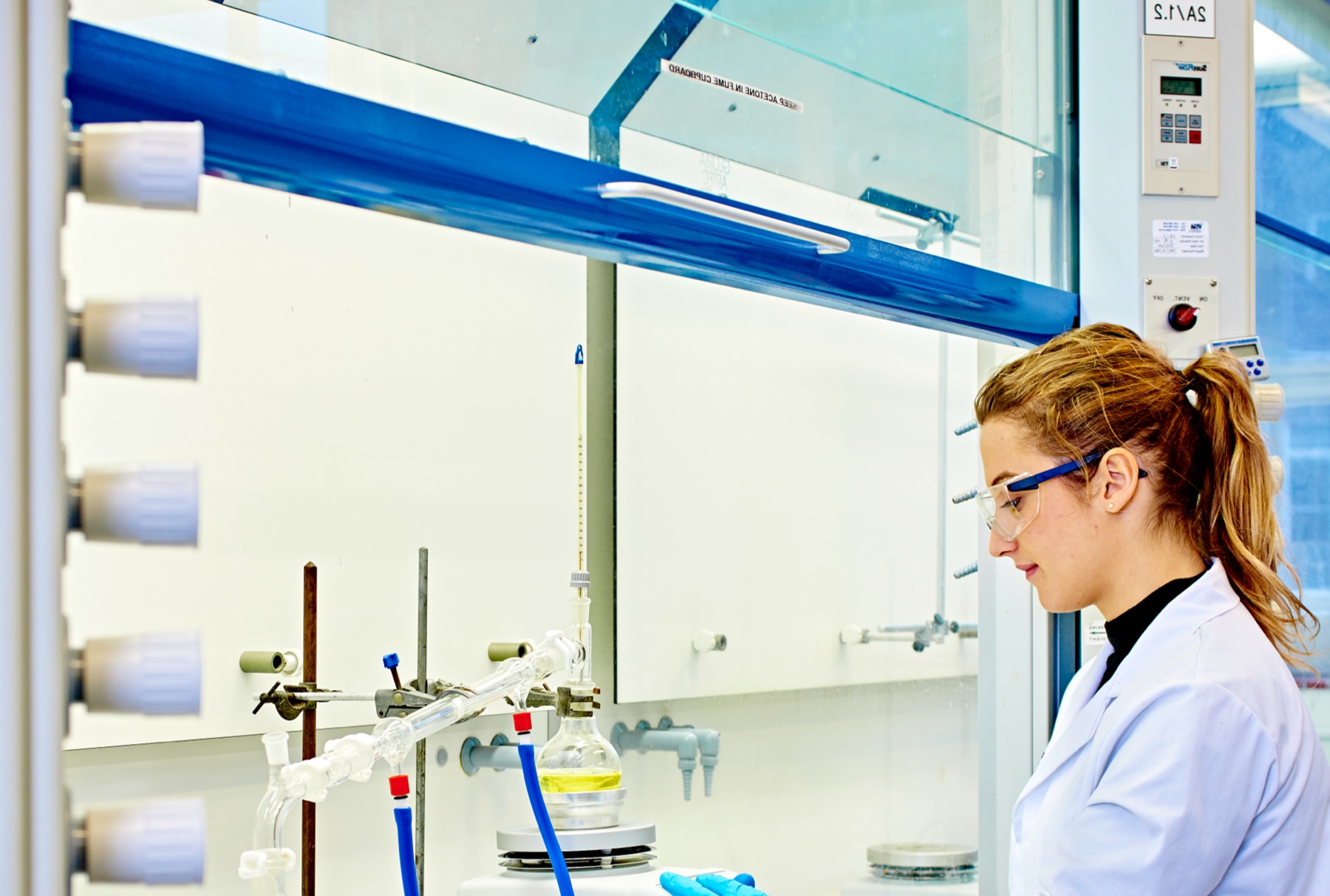Supergen Bioenergy Hub
Bioenergy provides a significant proportion of the UK's low carbon energy supply. We use it for heat, transport fuel and electricity.
Project leader
Prof Dermot Roddy
Dates
August 2012 to July 2017
Sponsors
Partners
University of Manchester, Biogas Hochreiter UK, Drax Power Limited, Renewable Energy Association REA, Technological Institute Denmark, BIOMASS Energy Centre, North Energy Associates, Renewable Energy Systems Ltd, Dalkia, Progressive Energy Ltd, Sustainable Energy Ltd, Technological Institute Denmark
Description
There is scope for bioenergy to provide much higher levels of low carbon energy in future. But this requires appropriate development of key enabling technologies. It also requires strategic management to make the best use of the valuable, but finite, biomass resource.
Tackling the challenges of bioenergy
There are significant concerns about the long term sustainability of bioenergy systems. These concerns include the wider social and economic impacts of biomass production. We will create a Supergen Bioenergy hub for the UK. The hub will bring together industry, academia and other stakeholders. Together, we will focus on the challenges associated with increasing the contribution of UK bioenergy. We must meet strategic environmental targets in a coherent, sustainable and cost-effective manner.
We will take a "whole systems" approach to bioenergy. Thus, we will focus on the benefits that new technologies can bring within the context of the whole production and utilisation chain. We will work closely with industrial partners and other stakeholders, including government agencies. This will ensure that our focused research is rapidly disseminated and deployed.
A multidisciplinary approach
The hub will also take an interdisciplinary approach to bioenergy. We will address important issues such as the impacts of land-use change. We will address such issues not just as scientific quantification, but taking due account of the social and economic impacts.
Addressing engineering challenges
The hub will carry out leading-edge research to address the engineering challenges of bioenergy deployment. We will have a particular focus on enabling flexible energy vectors. Thus, we will carry out core research to address existing problems. For example, we will increase scientific understanding of biomass combustion. This would allow improvement of environmental emissions. We will also investigate heating the feedstock, known as torrefaction. This could improve the logistics (and costs) of using biomass.
Looking to the future
We will also work on more strategic, long term options. We will use academic expertise to help industry resolve engineering problems. We will investigate advanced technologies such as gasification. We will assess the prospects for biomass-derived synthetic natural gas as a low carbon alternative to diminishing natural gas supplies. We will develop new technologies to produce more sustainable transport fuels from biomass.
The project will progress many different bioenergy options for the UK, which have many different costs and benefits. We will evaluate the ecological, economic and social aspects of bioenergy chains. We will provide appropriate scientific evidence and information to government and other stakeholders. This will lead to the development of sustainable bioenergy systems for the UK.
